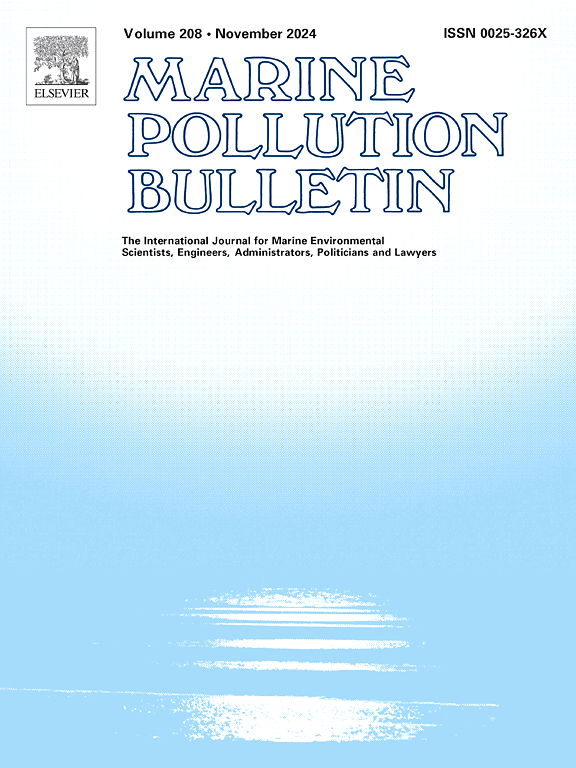压电材料用于溢油响应:机遇与挑战
IF 4.9
3区 环境科学与生态学
Q1 ENVIRONMENTAL SCIENCES
引用次数: 0
摘要
石油泄漏是全球关注的问题,其破坏性后果影响着人类健康、海洋生态系统和全球经济。压电材料——一种根据机械应力(如波浪、潮汐或流体动力学)产生电力的物质——为解决沿海石油泄漏问题提供了独特的优势。从这个角度来看,我们探讨了应用压电材料在溢油对策中的机遇和挑战。我们首先介绍了压电材料和压电催化相对于传统催化工艺的诸多优点。从节能的角度来看,我们将压电材料作为一种有前途的石油泄漏缓解方案的必要性合理化,强调其利用可再生海洋能源的能力。通过对以往研究的回顾,我们总结了压电材料在表面清洗、膜分离和水凝胶涂层方面的最新进展。通过收集大量的研究成果,我们确定了推进压电材料设计和性能的关键瓶颈挑战,如盐水诱导电荷中和,结构优化和材料耐久性,并提出了相应的解决方案,以提高其实用性。我们希望这一观点能够为开发先进的压电材料提供有价值的见解,以适应有效、可持续的溢油响应策略。本文章由计算机程序翻译,如有差异,请以英文原文为准。
Piezoelectric materials for oil spill response: Opportunities and challenges
Oil spills represent a global concern with devastating consequences, impacting human health, marine ecosystems, and economies worldwide. Piezoelectric materials—substances that generate electricity in response to mechanical stress (e.g., waves, tides, or fluid dynamics)—offer unique advantages for addressing coastal oil spills. In this perspective, we explore the opportunities and challenges of applying piezoelectric materials in oil spill countermeasures. We first introduce multiple advantages of piezoelectric materials and piezocatalysis over conventional catalysis processes. From an energy-saving standpoint, we rationalize the necessity of deploying piezoelectric materials as a promising solution for oil spill mitigation, emphasizing their ability to harness renewable ocean energy. Through an examination of previous research, we summarize recent advancements in piezoelectric materials in surface washing, membrane separation, and hydrogel coating. By compiling numerous research findings, we identify critical bottleneck challenges in advancing piezoelectric material design and performance—such as saltwater-induced charge neutralization, structure optimization, and material durability—and propose corresponding solutions to enhance their practical utility. We hope this perspective provides valuable insights for developing cutting-edge piezoelectric materials tailored to effective, sustainable oil spill response strategies.
求助全文
通过发布文献求助,成功后即可免费获取论文全文。
去求助
来源期刊

Marine pollution bulletin
环境科学-海洋与淡水生物学
CiteScore
10.20
自引率
15.50%
发文量
1077
审稿时长
68 days
期刊介绍:
Marine Pollution Bulletin is concerned with the rational use of maritime and marine resources in estuaries, the seas and oceans, as well as with documenting marine pollution and introducing new forms of measurement and analysis. A wide range of topics are discussed as news, comment, reviews and research reports, not only on effluent disposal and pollution control, but also on the management, economic aspects and protection of the marine environment in general.
 求助内容:
求助内容: 应助结果提醒方式:
应助结果提醒方式:


